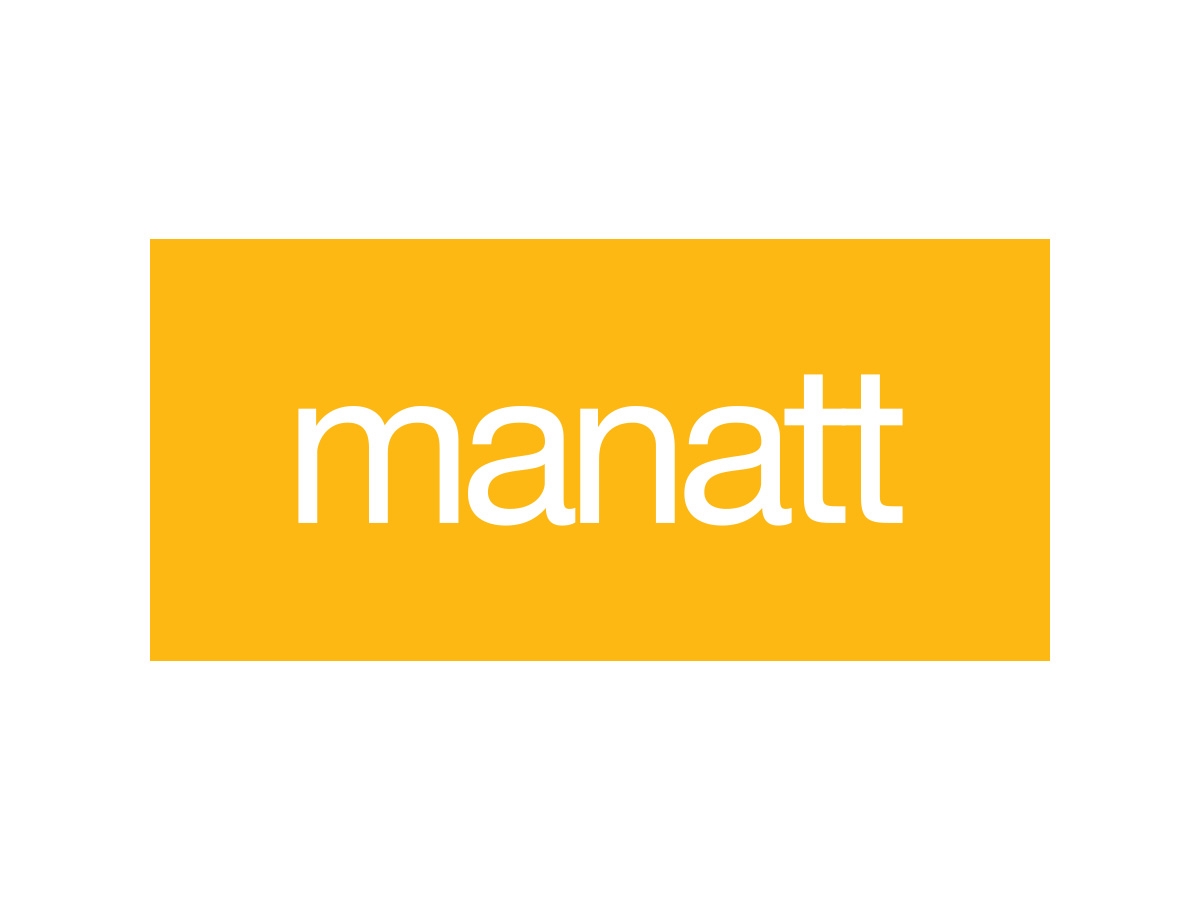Reversing dismissal, the U.S. Courtroom of Appeals, Seventh Circuit observed that a plaintiff experienced sufficiently pled allegations of vicarious legal responsibility to maintain his Phone Client Defense Act (TCPA) fit alive.
Christopher Bilek been given two unauthorized robocalls. A prerecorded information allegedly solicited well being insurance coverage and instructed Bilek to push 1 to be connected to a consultant. When he pressed 1, Bilek was allegedly linked to a are living agent who offered a quote for health and fitness coverage underwritten by Federal Coverage Corporation (FIC) and facilitated by Overall health Insurance policy Improvements (HII).
Bilek sued FIC and HII for jogging afoul of the TCPA and Illinois’s point out analog on a vicarious legal responsibility theory, professing that the defendants’ brokers generated the calls.
To aid his allegations, Bilek alleged a website of organization relationships: FIC contracted with HII to provide its insurance policies, HII hired guide turbines to effectuate telemarketing, and the lead turbines built the unauthorized robocalls that formed the foundation of Bilek’s claims.
A district court dismissed Bilek’s grievance, keeping that he unsuccessful to plausibly allege company on any of the 3 grounds asserted—actual authority, apparent authority or ratification.
But the federal appellate panel reversed, acquiring that Bilek’s allegations have been sufficient to move the lawsuit forward.
The panel initial pointed out that it was not needed to contemplate all a few company theories, as its inquiry was confined to obtaining only a one plausible declare for reduction. Therefore it commenced and ended its review with Bilek’s genuine authority theory of company legal responsibility.
To allege that the direct turbines had precise authority, Bilek was expected to plead sufficient points suggesting that (1) a principal/agent partnership existed, (2) the principal managed or experienced the ideal to control the alleged agent’s conduct and (3) the alleged conduct fell in just the scope of the company.
“We have to have not—and do not—decide below whether or not Bilek’s allegations are sufficient, if real, to confirm his vicarious legal responsibility promises,” the panel wrote. “But we discover that his allegations consist of ample element to render his actual authority theory of company legal responsibility plausible” ample to endure dismissal.
The panel observed that Bilek’s theory of liability was supported by factual allegations that the direct generators initiated automated phone calls soliciting FIC’s overall health insurance plan, and that FIC approved the guide generators to use its accredited scripts, trade name and proprietary data in building the phone calls.
“Indeed, Bilek spoke with a direct generator directly who quoted him [FIC’s] well being coverage,” the courtroom observed.
Bilek also alleged that the guide turbines were paired with these quotations in real time by HII—the company FIC contracted with to sell its insurance plan. HII then emailed rates to simply call recipients and permitted the lead generators to enter information into its process.
“These alleged points, viewed in the light-weight most favorable to Bilek, guidance the inference that [FIC] licensed the lead turbines to act on its behalf and topic to its control,” the courtroom stated.
Considerably in distinction to what other appellate courts have found, the Seventh Circuit was not persuaded that Bilek’s failure to contain allegations that FIC controlled the timing, quantity and geographic spot of the lead generators’ robocalls place an conclusion to his claim, holding that “allegations of moment specifics of the parties’ business relationship are not needed to allege a plausible agency declare.” Turning to HII, the panel discovered precise personal jurisdiction in excess of the firm via the direct generators’ alleged initiation of calls to Bilek in Illinois.
“[A]ttributing an agent’s actions to a principal which are intertwined with the incredibly controversy at issue is constant with the purposeful availment requirement fundamental the Supreme Court’s precise particular jurisdiction precedent,” the panel said. “Here, the guide generators’ alleged carry out varieties the foundation of Bilek’s TCPA and [state law] statements. Bilek plainly alleges that the lead turbines produced the unlawful telephone calls to Bilek in Illinois. And just as with [FIC], Bilek’s supporting agency allegations sufficiently allege that the direct turbines acted with [HII’s] actual authority.”
The courtroom reversed dismissal of Bilek’s TCPA lawsuit.
To go through the feeling in Bilek v. Federal Coverage Enterprise, click on in this article.
Why it issues: The Seventh Circuit’s conclusion sends two vital messages to TCPA defendants. Very first, the panel observed that it only wanted to discover 1 plausible agency idea in get to keep all the vicarious liability allegations alive—and found the info alleged adequate to do so. The courtroom then determined it had unique own jurisdiction above a defendant centered on the alleged conduct of unnamed direct generators that called the plaintiff in Illinois, tying the defendant to the point out. Notably, other federal appellate courts, such as the Ninth Circuit, have identified that there will have to be enough factual allegations suggesting that the defendant experienced “control” more than the timing, recipients, instrumentalities and persons associated in generating the at-problem phone calls for vicarious TCPA liability to attach. Listed here, such get in touch with-specific facts were being not necessarily expected according to the Seventh Circuit, and the panel located that there had been other specifics alleged indicative of “control” more than the agent sufficient for vicarious TCPA legal responsibility.

